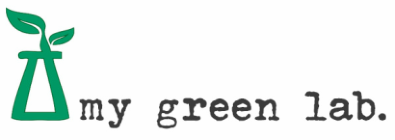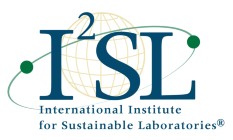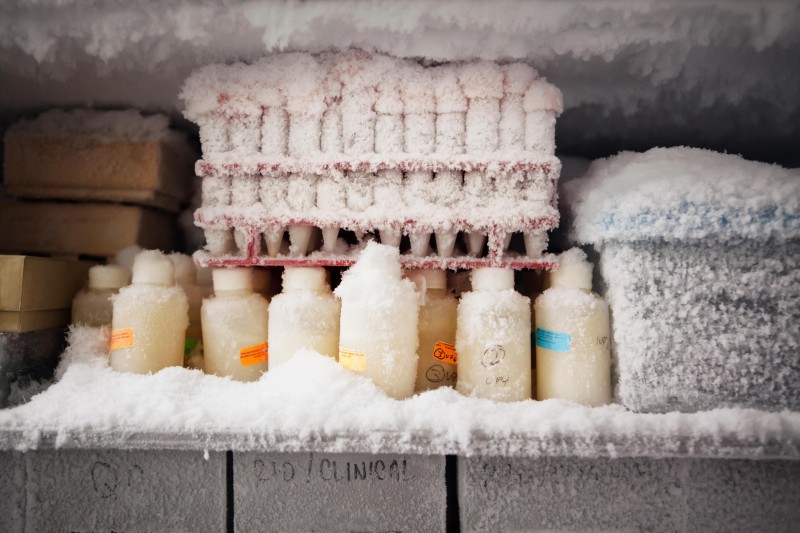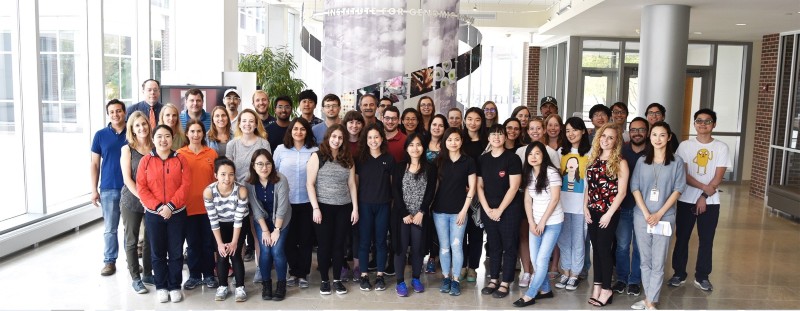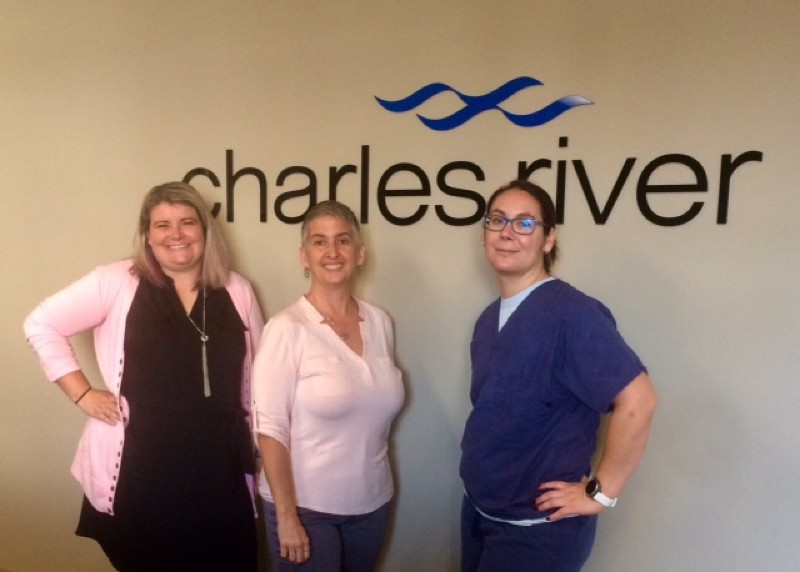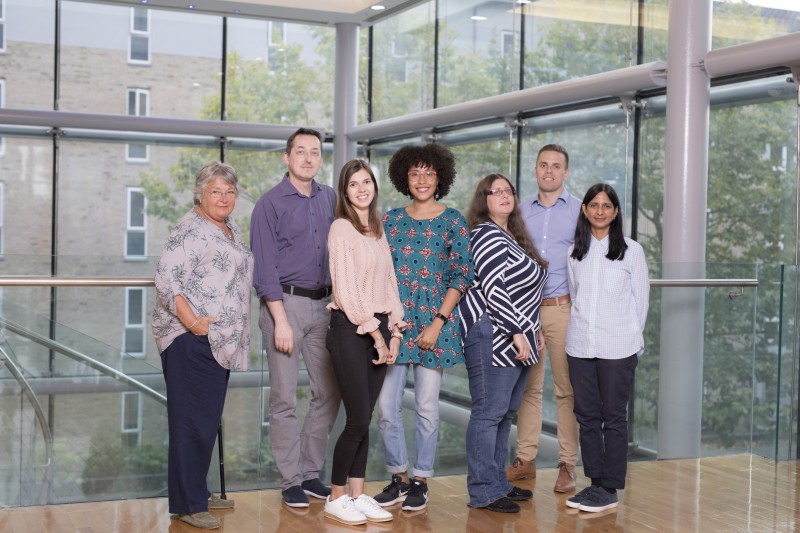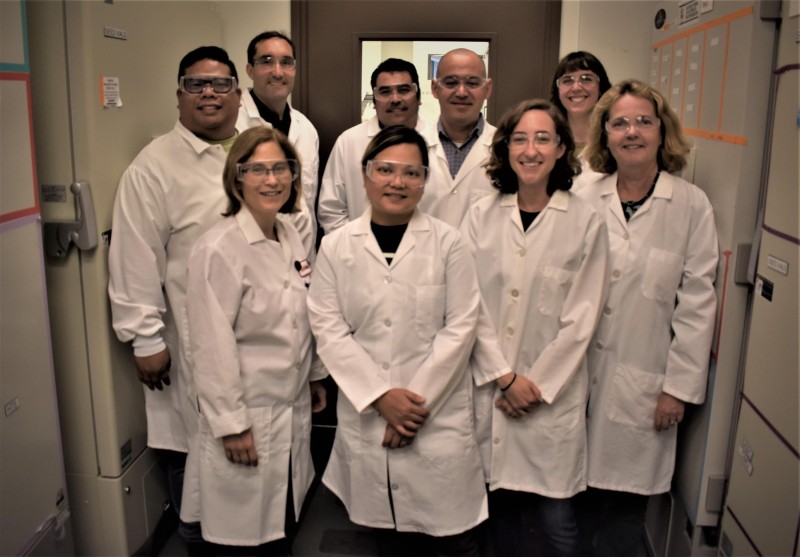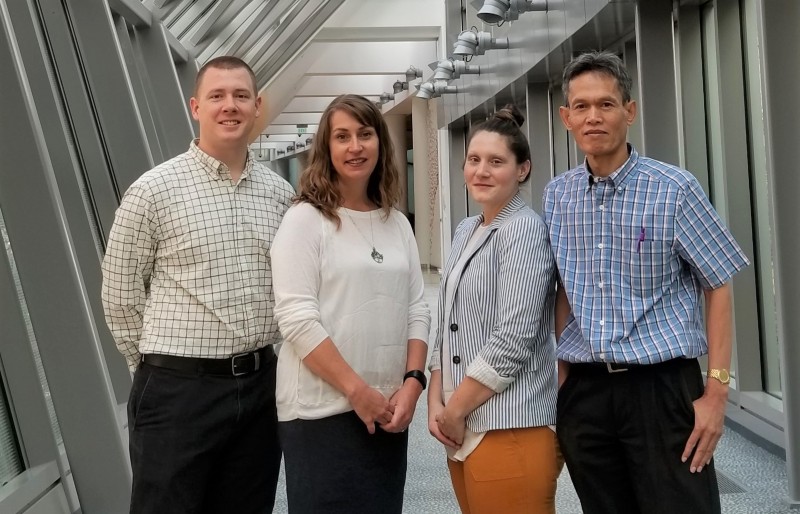You are here
Projects Updates for place: National Soybean Research Center
- Associated Project(s):
Curtis Road landscaping
Associated Project(s):Is your office "Green"?
Associated Project(s):SSC Final Report: Bike Path Renovation: Armory Avenue Path South of Gregory Hall
SSC Final Report: Campus Bike Parking Overhaul, Phase 1
Associated Project(s):Attached Files:SSC Funding Award: Bike Path Renovation: Armory Avenue Path South of Gregory Hall
notes from composting discussion
Associated Project(s):Attached Files:SSC Final Report: Beginner Bike Maintenance Classes
Associated Project(s):Attached Files:Green Office Opportunities!
Associated Project(s):SSC Scope Change Requested for Dump and Run
Associated Project(s):Attached Files:Participants needed: Help Illinois win the Freezer Challenge for third straight year
Associated Project(s):DOE Project to Measure Bioenergy Crop Carbon Emissions
Associated Project(s):Attached Files:Composting at NSRC and on campus
Associated Project(s):Guide to small-scale composting program
Associated Project(s):Zero Waste Coordinator to Discuss Expansion Across Campus
Associated Project(s):Outreach to units at NSRC
Associated Project(s):Attached Files:Suggested Content for Pollinator Sign
Associated Project(s):Attached Files:Hello 2019 Freezer Challenge participants!
Associated Project(s):Freezer Challenge for the win!
Associated Project(s):Freezer Challenge participants to be recognized at Celebration
Associated Project(s):


